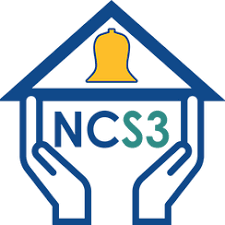DescriptionDiversity, equity, and cultural competence (DECC) is integral to being a skilled and informed educator. In today’s global and interconnected society, educators must constantly grow in their ability to teach culturally diverse students and groups.
NEA dedicates the Diversity, Equity, and Cultural Competence (DECC) micro-credentials and blended learning to the memory of Dr. Anteeatta “Tee” Archie Swims (Mississippi Association of Educators) for her tireless pursuit of social and racial justice in education and her unwavering dedication to serve all students.

NEA acknowledges the National Center for Safe Supportive Schools (NCS3) for their review and endorsement of this micro-credential stack.